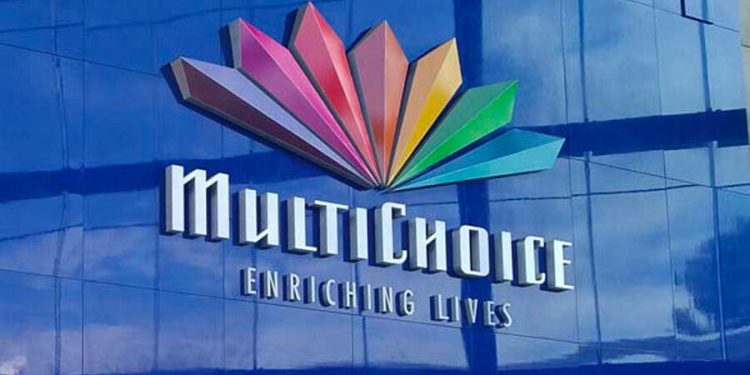South African firm, Multichoice has released its annual financial report ending March 31st, revealing a loss before tax of US$ 38 million and a 9% decline in active subscribers of its entertainment packages.
- The company is currently trying to navigate a takeover deal from Vivendi’s Canal+, which already owns more than 35% stake in the company, but regulatory hurdles persist.
- The reported loss in the concluded financial year is a massive blow to the company, a complete contrast to the company’s profit before tax of US$ 50 million reported in the previous year ending March 2023.
- Multichoice has blamed its woes on currency depreciation in major markets such as Nigeria and electricity outages that rocked South Africa last year.
“Volatile and weaker local currencies, power challenges in markets like South Africa, and a weak consumer environment due to rising inflation and high interest rates have created an extremely challenging environment for the group’s customers and operating segments,” Multichoice stated.
Nigeria, which contributed 44% of Multichoice’s rest of Africa segment, fell to 35% as its active subscribers dropped to 8.1 million from close to 10 million.
While Multichoice attributed this collapsing market share to prioritization of basic necessities by Nigerians as the cost of living in the country rises, the company did not mention that its expensive packages were also to blame.
Last week, the Competition and Consumer Protection Tribunal in Abuja fined Multichoice 150 million Naira for disobeying an order to stall a recent price hike on DSTV packages.
In its home market in South Africa, Multichoice subscribers fell by 5% and reported revenues 7% lower than the preceding financial year. Premium packages also dropped by 8% as prices were hiked across the ended financial year.
“Having delivered consistent growth in recent years, the mass market tier declined by 2%, due to pressure in the Family base, as well as the impact of loadshedding and reduced decoder subsidies,” Multichoice said.
In its East African market, Multichoice subscribers fell by 7%. Last year’s currency depreciation in Kenya led the company to ramp up prices of its packages three times. Pay TV services like DSTV and Go-TV were set to report lower revenues as many subscribers opted for cheaper packages or ditched them altogether.
As pay television services reported cratered revenues, Multichoice reported that its streaming platform Showmax had its revenues increased by 22%. The platform which has been revamped this year in all its 44 markets hopes to salvage the group’s fortunes by accumulating more subscribers.
“The Group will also continue its efforts to drive growth in focused areas, notably Showmax, Moment, SuperSportBet, DStv Insurance, DStv Internet and DStv Stream, while working hard to retain its DStv and GOtv customers and support their activity rates through FY25,” Multichoice said.
The company’s balance sheet is also likely to disgruntle investors as liabilities outweigh the company’s assets. Compared to the financial year ending 2023, Multichoice assets fell from ZAR 47.6 billion to ZAR 43.8 billion.
“Given ongoing uncertainty around economic recovery across the globe and the group’s operating footprint and the opportunity to further “right-size” the business for a changing consumer environment, the group has accelerated its a multi-year cost reduction programme with the target for FY25 increased to ZAR2bn,” the company said.
See Also:
French Media Giant Canal+ Makes $1.9bn Buyout Offer for MultiChoice




